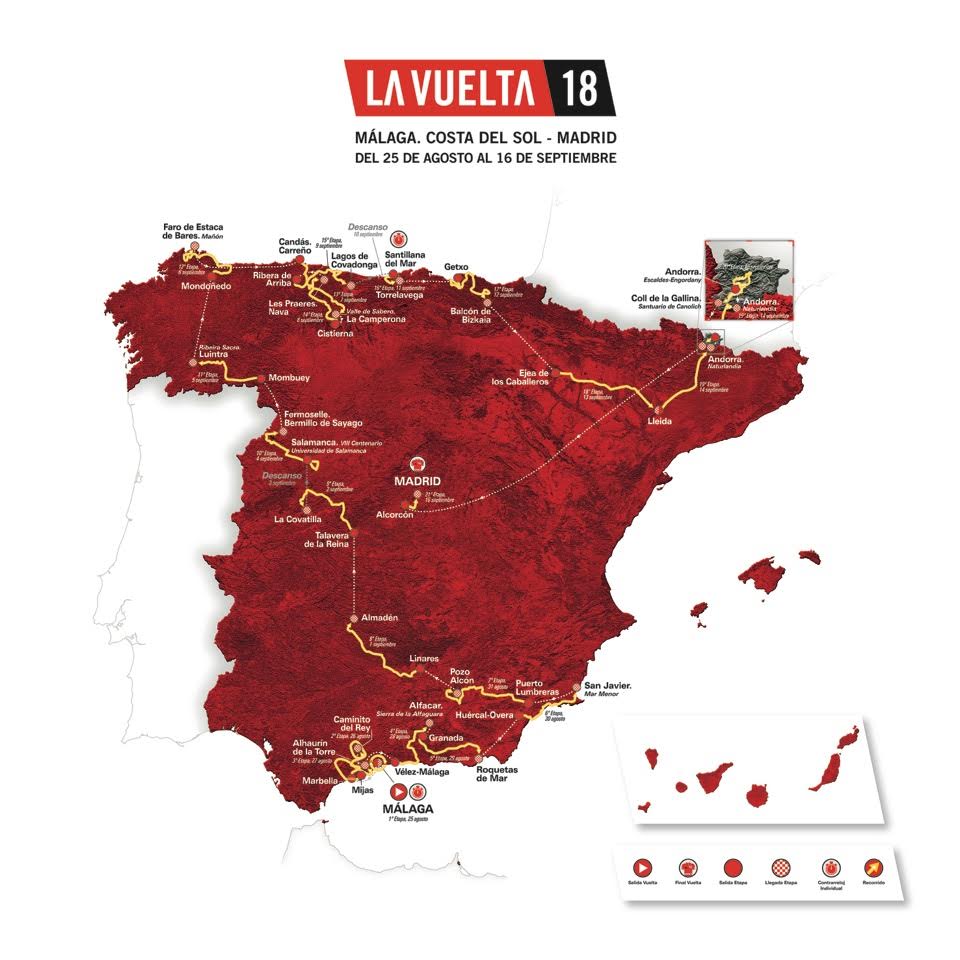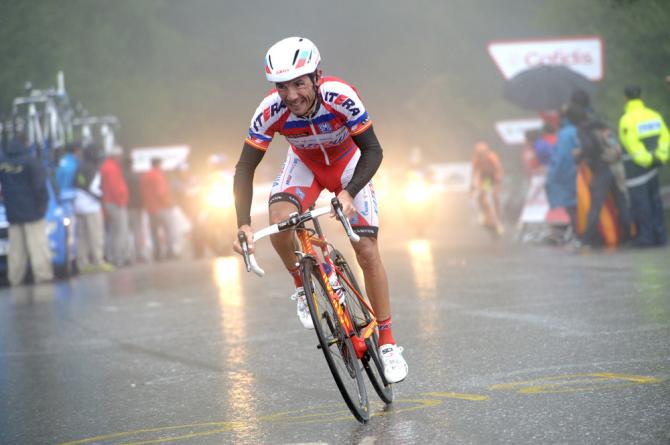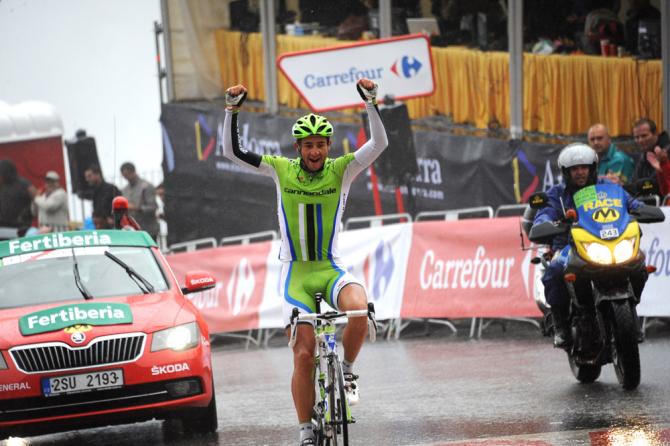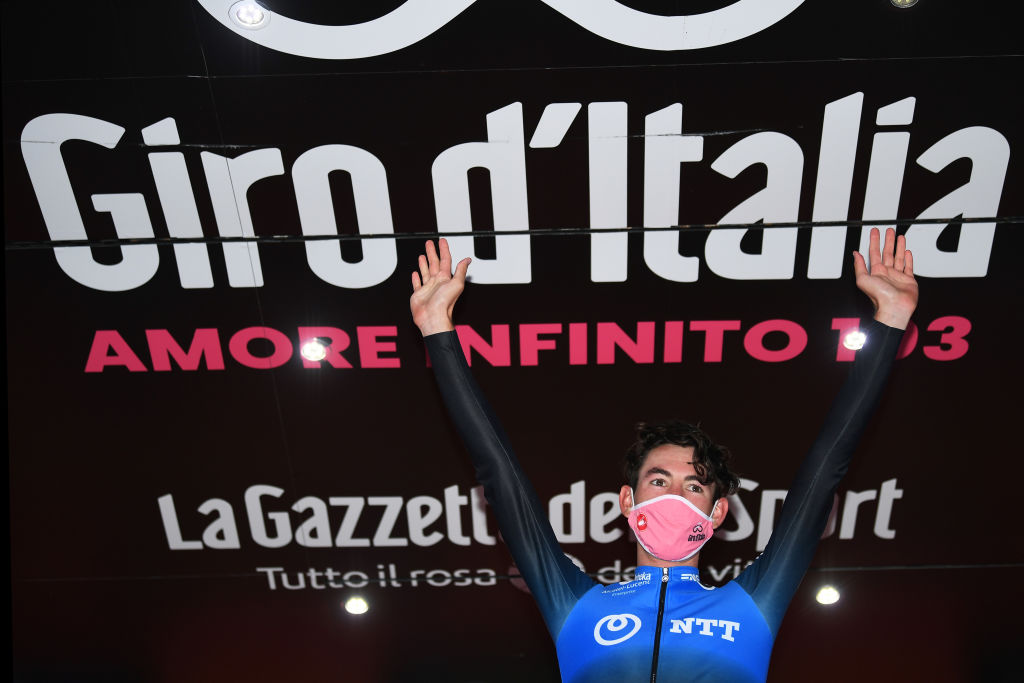Analysis: Vuelta a Espana's tough Pyrenean finale could be a double-edged sword
Demanding stage 20 in Andorra should guarantee suspense to the finish



For the first time in over half a century, the Vuelta a España will contain a major Pyrenean stage on the second last day, but could it risk closing the race down, rather than blowing it wide open?
First, the hard data: on stage 20 of the 2018 Vuelta, there are more than 4,000 metres of vertical climbing, as well as six major climbs and a summit finish on the Col de la Gallina, Andorra’s toughest ascent, all packed into 105 kilometres of racing. This makes stage 20 of the 2018 Vuelta one of the hardest in the race’s history, and by far the hardest it’s ever had so late in the final week in the Pyrenees.
1957 was the last time the Vuelta went through the Pyrenees so close to the finish, and it proved to be one of the most controversial editions in the race’s history thanks to a gripping, no-holds-barred battle between Spanish climbing star Federico Bahamontes and his arch-rival (and team-mate) Jesus Loroño. By the third week, however, the race had been decided in favour of Loroño, and the last Pyrenean climb of that year’s Vuelta, the Jaizkebel, had no impact on the overall standings.
This time, the stage in Andorra could be very different. That’s firstly because with riders close to exhaustion on the last key stage of the final Grand tour of the season, there could be some spectacular surprises on GC. Just ask Tom Dumoulin: four years ago, he lost the Vuelta a España on a final mountain stage near Madrid that was far less challenging.
There’s also the question of the weather: last year on the Angliru, although it was extremely wet, it wasn’t cold. But in Andorra on the 2013 Vuelta, after days of 30 degree heat, the race ran into a terrible thunderstom, with some riders ploughing through sleet, rain and enduring near-freezing temperatures at the summit of the Envalira.
14 riders abandoned, some with hypothermia, in what Juanma Garate, then a pro of 14 years, called “the coldest day I’ve ever experienced on a bike.” The equally doughty Alejandro Valverde (Movistar), who all but fainted from the cold, called conditions “inhuman.” If such bad weather repeats itself, the time cut, already crucial on such a short, painfully difficult stage – which, as in 2013, finishes on the Coll de la Gallina – could become even more important.
The other big risk, however, is that the presence of such a difficult mountain stage so close to the finish will see the contenders race more conservatively than usual in the three weeks that precede it. In short, they will want to safeguard against the prospect of falling apart completely on the penultimate day.
The latest race content, interviews, features, reviews and expert buying guides, direct to your inbox!
The benefits for the Vuelta, though, surely outweigh the possible doubts. By holding its toughest single mountain stage so close to the finish, suspense is surely guaranteed all the way to the final weekend. No matter who the race leader is, and no matter what his advantage, he and his team will still be uncertain they can hold on until Madrid 24 hours later. There will still, in other words, be everything to play for – and that, on the second last day of the last Grand Tour of the season, will definitely be something most fans will appreciate.
Alasdair Fotheringham has been reporting on cycling since 1991. He has covered every Tour de France since 1992 bar one, as well as numerous other bike races of all shapes and sizes, ranging from the Olympic Games in 2008 to the now sadly defunct Subida a Urkiola hill climb in Spain. As well as working for Cyclingnews, he has also written for The Independent, The Guardian, ProCycling, The Express and Reuters.


